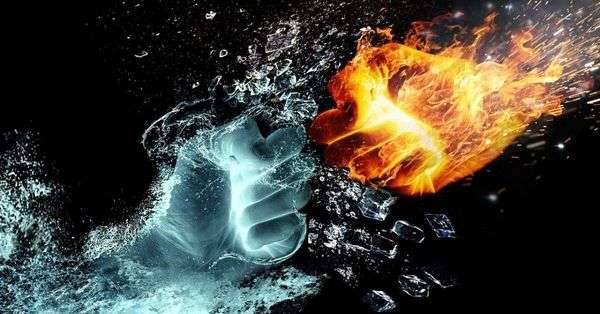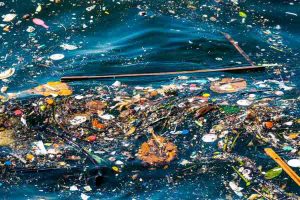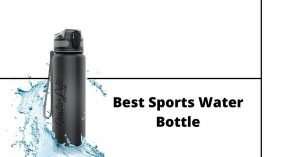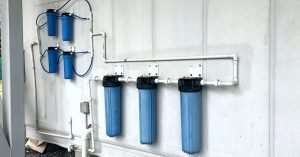About Hard water
Hard water is rich in minerals. It is formed by water passing through chalk and limestone deposits, which contain magnesium or calcium carbonates. It doesn’t lather well with soap, so it is not suitable for laundry detergent.
Hard water can cause problems for boilers. The deposition of salts causes the boiler to work less efficiently. While hard water can be safe to drink, it can cause problems on the skin, scale formation in the pipeline, and scale formation on the bathroom surface.
Types of Hard water
- Temporary Hard water
- Permanent Hard water
Temporary Hard water
It becomes temporarily hard when water contains magnesium and calcium carbonates. The temporary water hardness can remove easily by boiling water.
Boiling water will result in the soluble salts, Mg (HCO ) is converted to Mg (OH). The insoluble particles are precipitated & you get soft water after filtration.
Permanent Hard water
We call permanent hardness when magnesium and calcium dissolve in water as chlorides and sulphides. The permanent water hardness is impossible to remove by boiling.
Insoluble carbonates can be formed when washing soap reacts negatively with the sulphide, chloride salts, calcium and magnesium. This results in hard water being converted to soft water.
What are the Signs of Hard water?
- Linens, clothes and fabrics look old and rough.
- Stains on white porcelain, scale build-up around faucets.
- Showers can experience low water pressure due to clogged pipes.
- Dishes may have spots or white residues that are chalky.
- Strains may appear in the shower.
What are the advantages and disadvantages of hard water?
Advantages of hard water
- Hard water is tasty because it contains salts and ions
- Calcium and Magnesium ions found in hard water are vital for bone growth.
- A good mix of calcium and manganese can help reduce constipation.
Disadvantages of hard water
- Hard water can lead to dry hair and skin due to its impact on people.
- It can be hard to create a lather when using soap or detergents. Hard water can also cause soap scum, which can result in the soap being thrown away.
- Limescale is formed when hard water is heated. Furring can occur in water pipes or water heating devices.
- Blockage in pipes or appliances can lead to blockages. This can result in reduced energy efficiency and a decrease in life span.
- It can cause clothing’s colours to fade and give it a dull, grey appearance.
Removal of hardness of water
There are a number of methods are available to convert hard water to soft water. A few methods to remove hardness from water are,
- Boiling water for remove temporary hardness from the water
- Adding Chemical (Washing Soda) for removing hardness of water
- Filtration through Ion Exchange Process
Ion exchange process is best for converting permanent hard water to soft water. The water softner is used for this purpose. Some advance water softner are used for home or bathroom water purification.




